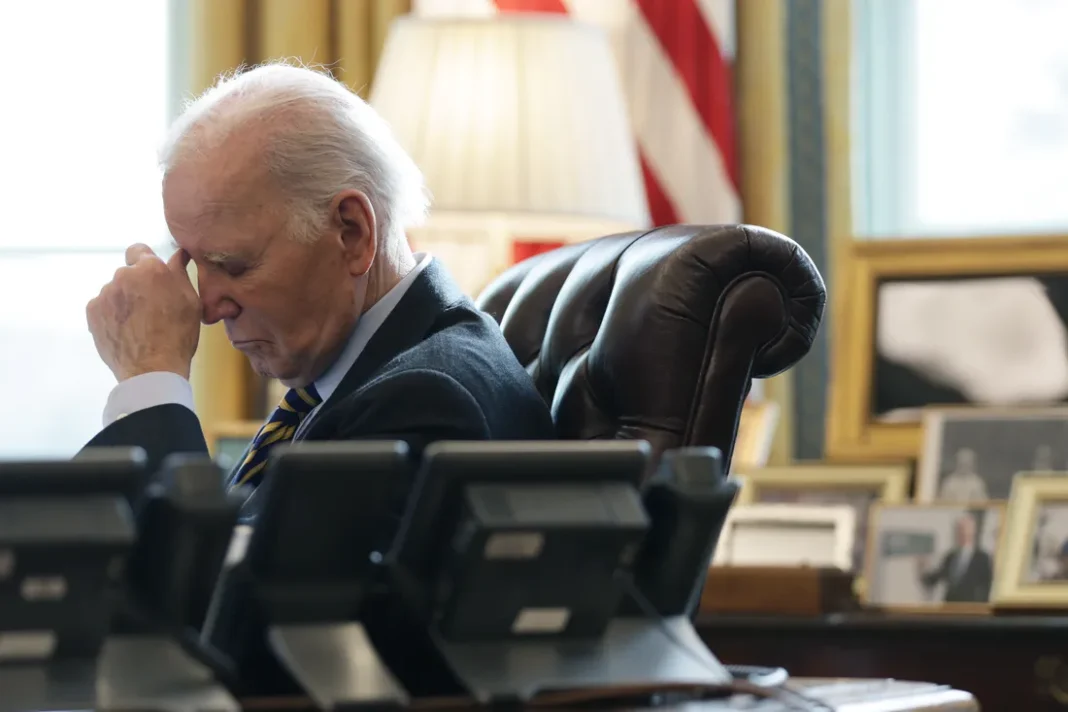As Joe Biden prepares to hand over the presidency, his legacy is no longer that of the “Mourner-in-Chief,” but one of refusal to embrace vulnerability. What started as a campaign rooted in empathy has turned into a cautionary tale of denial—denial of weakness, of fragile human lives, and of collective suffering.
Initially, Biden’s presidency symbolized hope in a time of crisis. His personal tragedies—losing loved ones—gave him an innate understanding of grief, making him appear as a figure who could lead a nation yearning for healing. Speeches like his 2021 memorial for COVID-19 victims reflected this softer side, and policies aimed at addressing inequality showed promise. However, this gentleness gave way to a more assertive, muscular policy once conservative pushback surfaced, particularly following Russia’s invasion of Ukraine. The focus shifted toward military action and economic nationalism, sidelining his initial mission to care for the most vulnerable.
The culmination of this shift came with his administration’s unwavering support for Israel’s war in Gaza. The horror unfolding—over 45,000 Palestinian deaths, widespread displacement, and unimaginable suffering—has exposed a troubling indifference. Instead of mourning, Biden’s government has justified and perpetuated harm, all in the name of geopolitical strength.
This final phase of his presidency serves as a warning of the dangers of rejecting fragility. Instead of leaning into empathy, Biden turned to strength, aligning himself with forces that devalue the weak. And now, his inability to confront vulnerability has paved the way for Donald Trump’s return—a man who actively scorns human weakness, viewing it as a weakness to be exploited.
Biden’s legacy, tragically, may not be one of healing, but of fear of the fragile.


